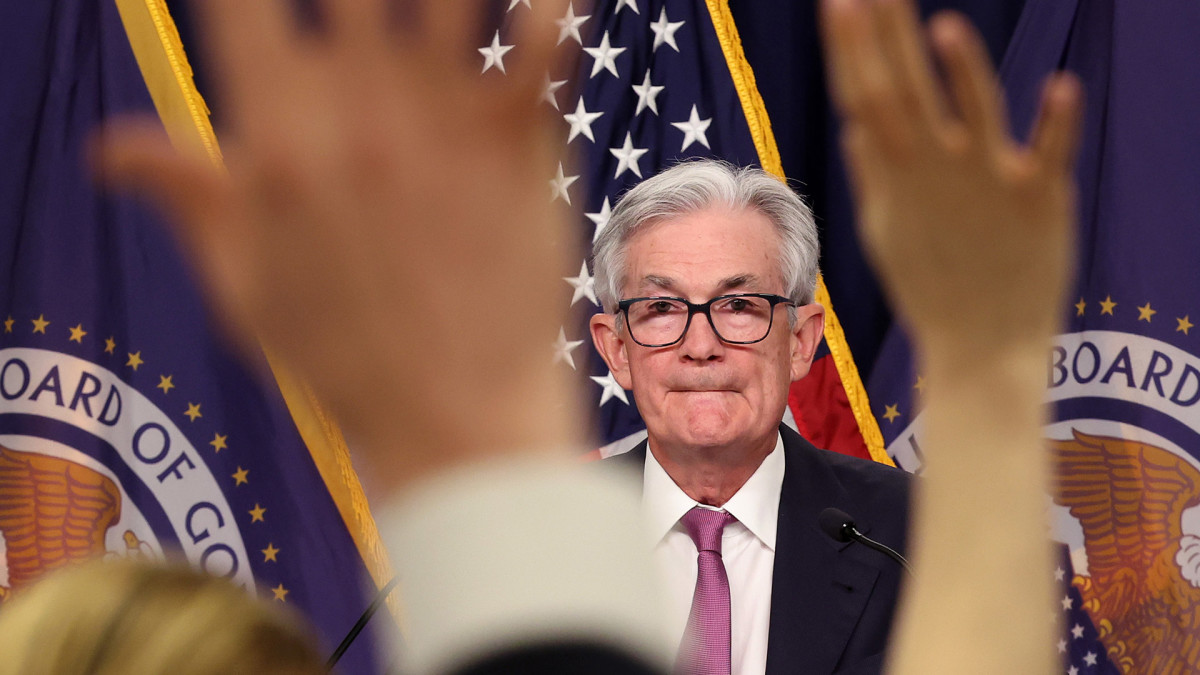
Monetary policy had a major impact on the stock market in 2023 as the Federal Reserve raised interest rates. But as we step into 2024, the question looms: will the Fed's interest rate decisions continue to hold such sway over market dynamics? Rebecca Walser, President, Walser Wealth Management, joined TheStreet to discuss how monetary policy could impact stocks in 2024.
Full Video Transcript Below:
J.D. DURKIN: How might monetary policy affect stocks and the overall performance of the major market indexes in 2024? Keeping in mind, as you said, we're in an era of pretty incredible consolidation from a lot of these key names in the S&P 500.
REBECCA WALSER: Yeah I mean, I think that they actually go hand in hand. And I don't think that economics and monetary policy have probably has ever dominated the street as much as it has since 2008. And you could even make a case J.D. that goes all the way back to the dot com crash in early 2000's. But literally since 2008, what people don't understand, and I really think that this is something that every American is going to eventually understand whether they want to or not. And that is that we kind moved to this keynesian, what we call MMT, modern monetary theory, which basically is an economic system, for a central bank that says we can print indefinitely. It doesn't matter how much debt we borrow, it doesn't matter how much money we print, as long as we have the ability to collect the taxes to service the debt, then we are that is a sustainable model.
And so we've been following this MMT model and just spending, spending, spending because our cost of capital was kept artificially low, lower for longer. As you know, for 15 years, we had cost of capital that was 25 basis points. You know, obviously at the Fed level, Fed funds. And so what I'm talking about is the fact that we kind of got used to, wow, it's okay if the Fed prints all this money all the time. And then that was backstopped in 2019 Q4 by recapitalization of investment banks that cost us trillions of dollars. And then 2020 comes along, March of 2020, now we have coronavirus. We're shutting voluntarily down. In April, now we're stimulating through that, which had never happened before. And then we kind of got over that hump and successfully, I would say, economically for all the stimulus that was printed, but that then created inflation and we went through 2021 with them calling it transitory, which we knew very well it wasn't. And 2022 is the realization of, yes, it isn't transitory, we're going to start to raise.
Worst bond year in 1788 and really the worst bond year the last three years since really the 1700s. So that obviously upset the bond world. This year, we kind of had more of a normalization year because just strong labor markets have really propelled even through the cuts that we've been able to have this quasi soft landing. And now we're going to see the rubber meet the road this 2024, and we're going to finally see which way is it really going to go? Do we fully, truly have a soft landing J.D. or do we have a pull back because the cost of capital for these companies is just nowhere near what they used to have and what they used to expect.







